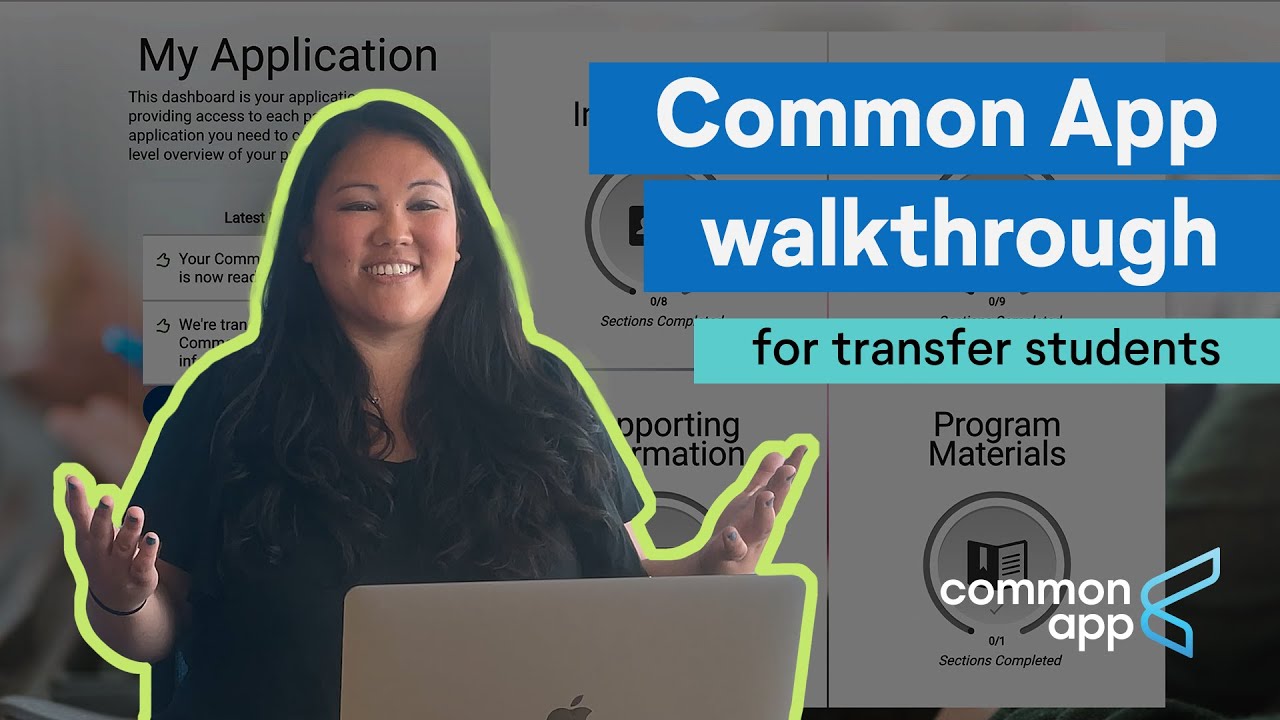
Five ways Common App can help save you time and money
- Complete one application to apply to multiple institutions
- Use one transcript for multiple applications
- Streamline the college recommendation process
- Qualify for an application fee waiver if you have financial need
- Access federal financial aid resources and scholarships
No matter where you are in the process, Common App is here to support you on your college journey.
Learn about the transfer process
If you have already taken some college coursework or have completed an associate-level degree and plan to transfer, you are not alone. 37% of students transfer at least once in their college careers; of those, nearly half change schools more than once.*
Whether transferring from community college, between 4-year colleges, or a returning adult student, finding your path forward can require navigating unfamiliar territory.
*Source: National Student Clearinghouse Research Center
As you navigate transfer, you may come across the following terms:
Transfer credit evaluation
When transferring schools, the receiving college will evaluate your college transcripts and/ or other prior learning to determine which credits can be used in your new degree plan. When completed by the registrar, it is considered an official evaluation, so you can be certain these credits will transfer. Some colleges offer unofficial evaluations, typically completed by an advisor, to give you an idea of how their credits will transfer before applying to their college.
Credit for prior learning
Some colleges evaluate college-level learning that has taken place outside of the traditional classroom for credit toward your degree. This can include learning gained through jobs, internships, volunteer experience, and military service.
Guaranteed admissions
Guaranteed admission agreements between colleges can help students transfer with confidence. Students who meet specific academic requirements can apply to transfer, and the partnering college will automatically accept their application. Guaranteed admission is sometimes referred to as transfer admission guarantee (TAG), automatic admission, or guaranteed transfer.

